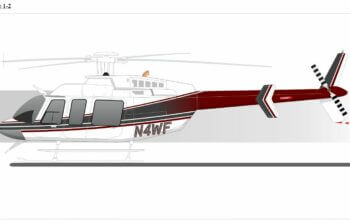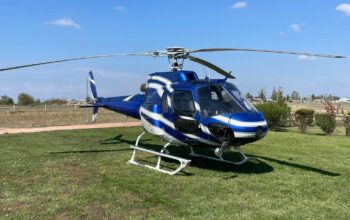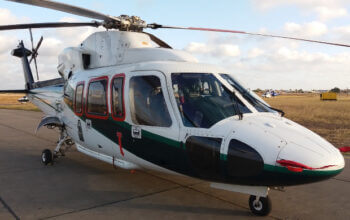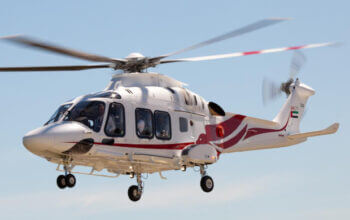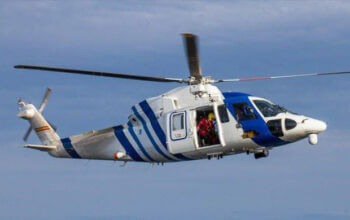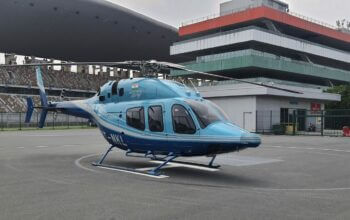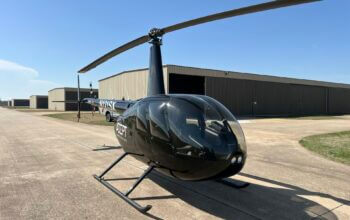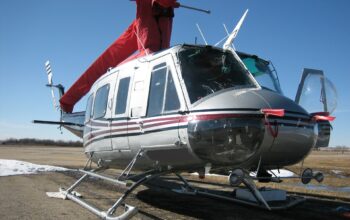Estimated reading time 7 minutes, 5 seconds.
The Waterloo Wellington Flight Centre (WWFC) has broken ground on a game-changing expansion project that will see the construction of a new Flight Sim Centre and Innovation Hub. The 3,300-square-foot facility, located at the Region of Waterloo International Airport (YKF), will produce a future crew of “flight deck ready pilots” and enable research that supports successful careers in aviation.
WWFC, known as one of Canada’s largest and most experienced flight training schools, has made a substantial investment of over $1.5 million to support development of the new hub for aviation research and training. According to the flight school’s general manager, Bob Connors, the facility will house three flight simulators “dedicated to training the next generation of pilots on Boeing 737, De Havilland Q-400, and Airbus A320 aircraft types.”
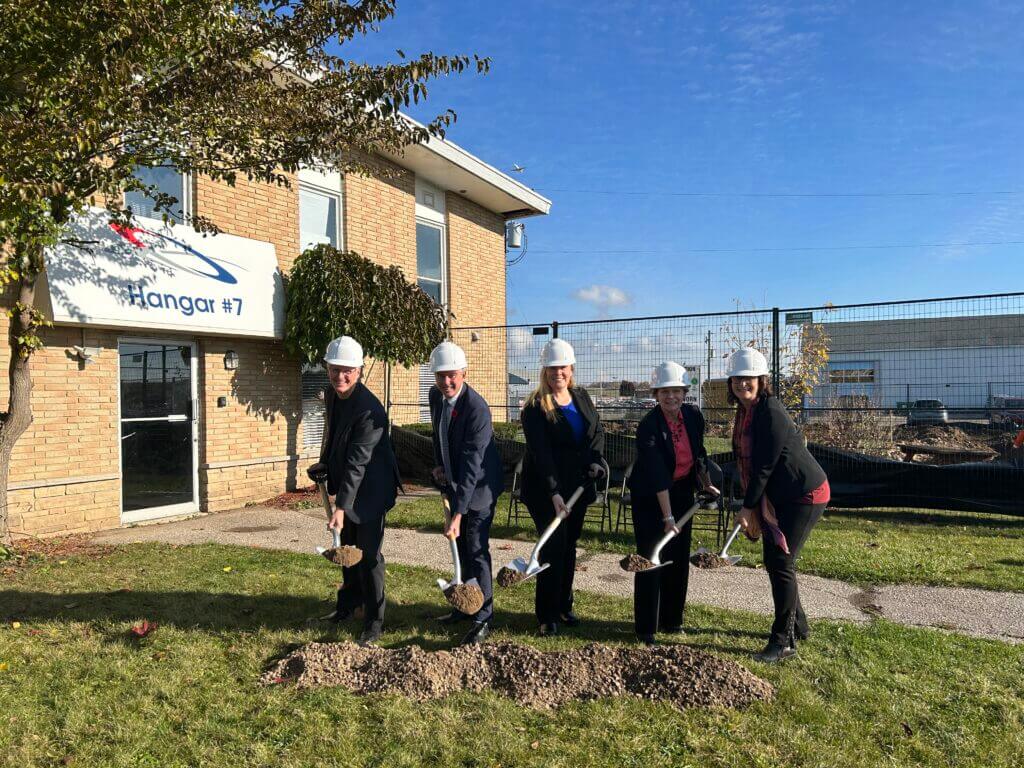
An expansion of WWFC’s Hangar 7 (just north of its existing facilities at YKF), the Innovation Hub is a collaborative effort with not only the airport, but the Waterloo Institute for Sustainable Aeronautics (WISA).
Established in 2021, WISA is an organization that fosters sustainable aviation and aerospace research, technology, and education — with the goal of addressing the three pillars of sustainability: social, environmental, and economic. The organization is led by Dr. Suzanne Kearns, founding director, who also teaches within the aviation programs at the University of Waterloo.
“The groundbreaking of the new Innovation Hub marks an important milestone in our research initiatives,” said Kearns. “The addition of state-of-the-art flight simulators will promote social and economic sustainability by making training more accessible to aspiring pilots. At the same time, [the hub] creates a source of data and understanding that will allow WISA researchers to use the sims to explore new ways to train talent and retain a diverse pool of [skilled] pilots.
“Our experts in optometry and gaze behaviour are already making important findings that could open the door for thousands of aviators, helping to address a severe shortage of qualified pilots around the world,” she added.
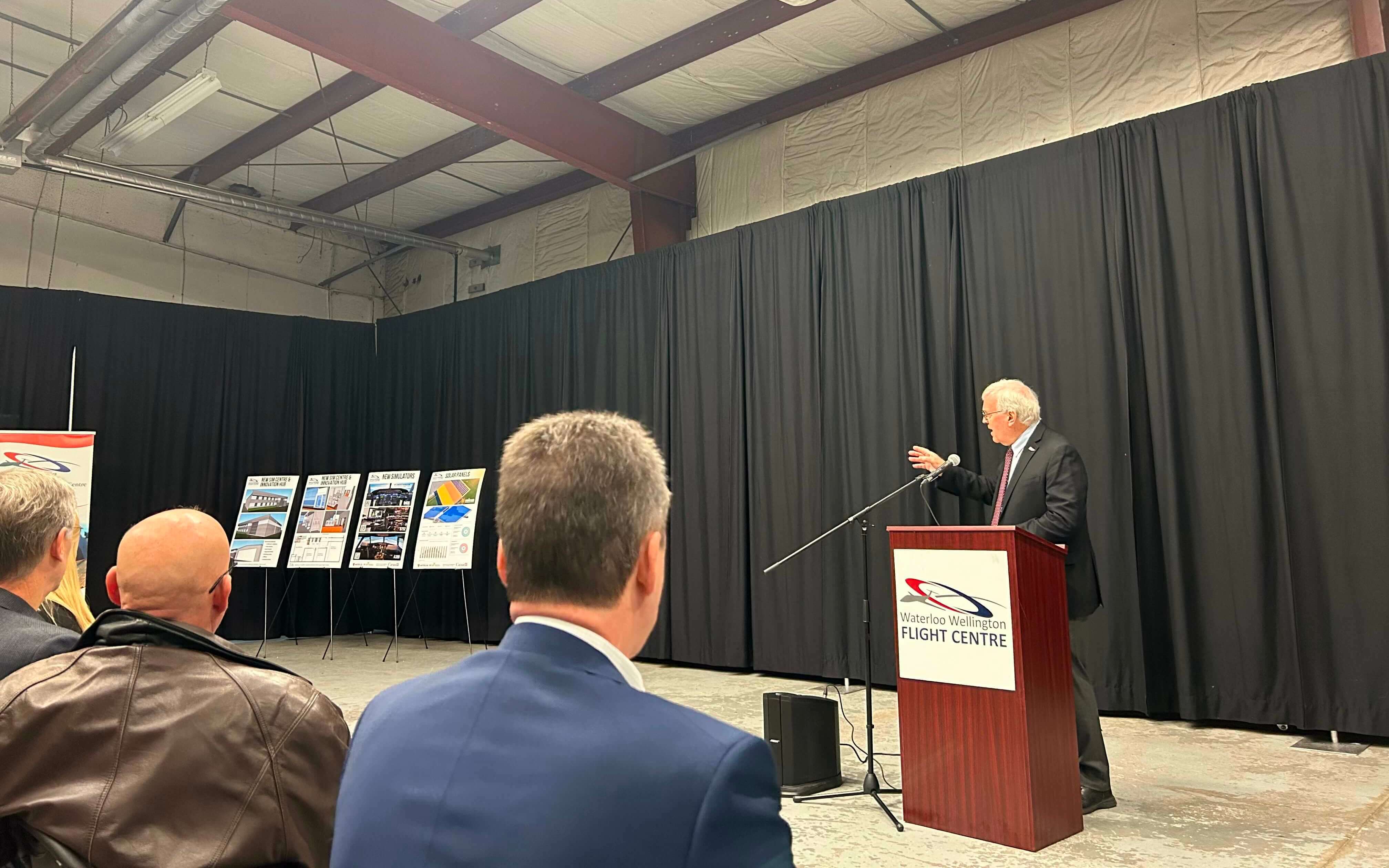
While sustainability is a key focus for both WISA and WWFC, the new facility will integrate green technologies, including upgraded HVAC systems and solar panels, which will be sufficient to power the building — with the potential to put some energy back into the airport hydro grid. Funding for the sims and green technologies is coming from WISA, which received a $9.2 million investment from the Canadian government through the Federal Economic Development Agency for Southern Ontario (FedDev Ontario).
The groundbreaking ceremony, held on Oct. 31, was attended by key stakeholders and government representatives, including Tim Louis, Member of Parliament for Kitchener-Conestoga; Filomena Tassi, Minister responsible for FedDev Ontario; Karen Redman, Chair of the Regional Municipality of Waterloo; Chris Wood, director of YKF; and, of course, WISA’s Kearns and WWFC’s Connors.
Currently, the Flight Sim Centre and Innovation Hub is slated for completion in March 2024.
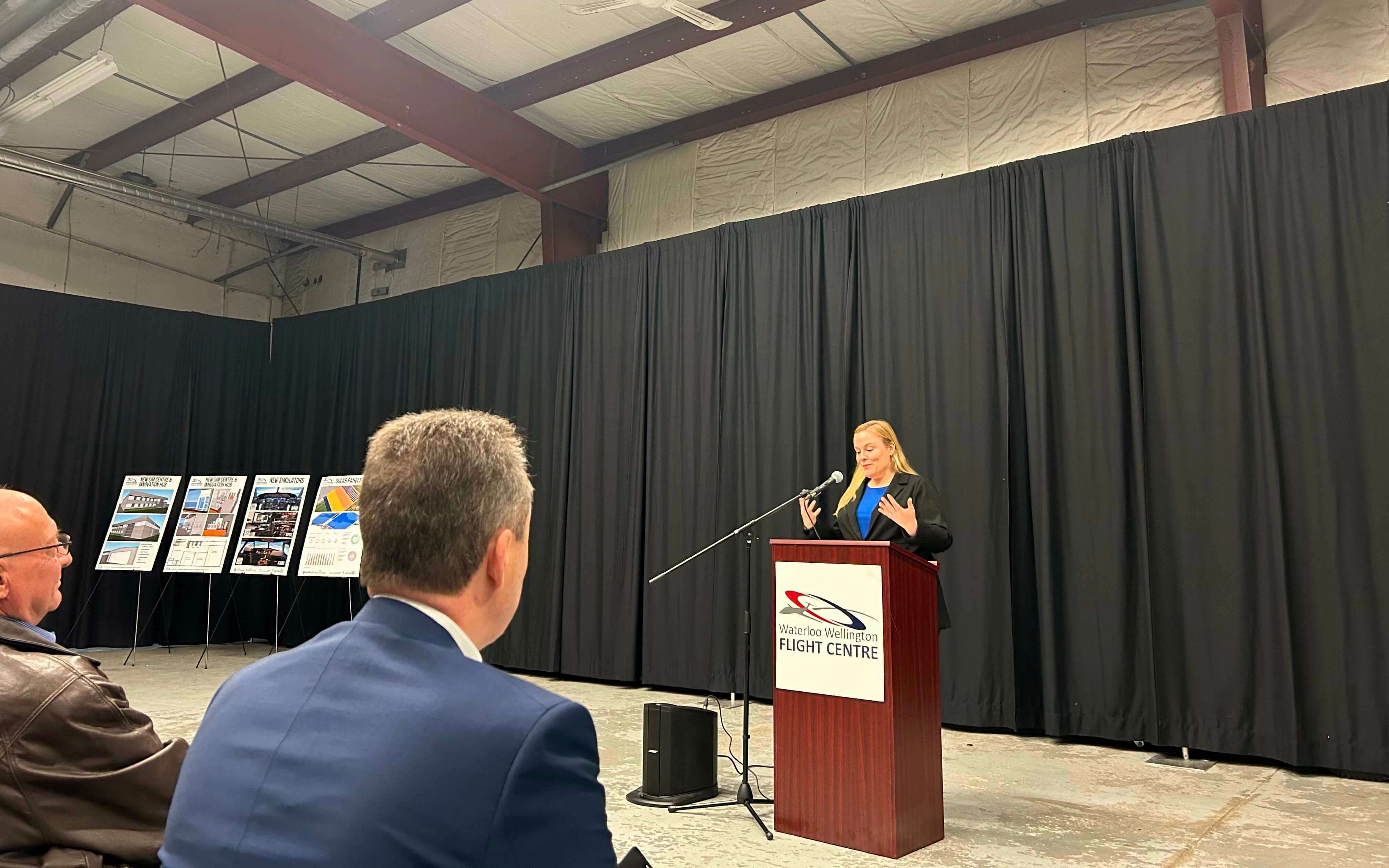
“This expansion is a pivotal moment for our organization, [and] represents the next evolution of flight training,” said Connors. “Today signifies the beginning of an expansion that will strengthen our partnership with the Waterloo Institute for Sustainable Aeronautics (WISA) and allow us to provide world-class training in an environmentally sustainable way.”
WISA and WWFC have a history of collaborating on projects. The two organizations are also the owners of the world’s first type certified all-electric aircraft, the two-seat Pipistrel Velis Electro (C-GAUW), which is based at YKF and is being used to collect data to support a certification decision in Canada. Both WISA and WWFC are confident that the Velis Electro will help reduce emissions and lower the cost of pilot training. In the near future, Kearns said WISA is expecting a second Velis Electro aircraft in partnership with the flight school.
Scott Cornwall, WWFC board member and Air Canada pilot, highlighted the fact that “there are a lot of really talented, qualified people out there that just can’t afford the high cost of flight training. The Pipistrel [Velis Electro] and the advent of electric aircraft hopefully will address part of that and allow a larger pool of candidates to become pilots and realize their dreams.”
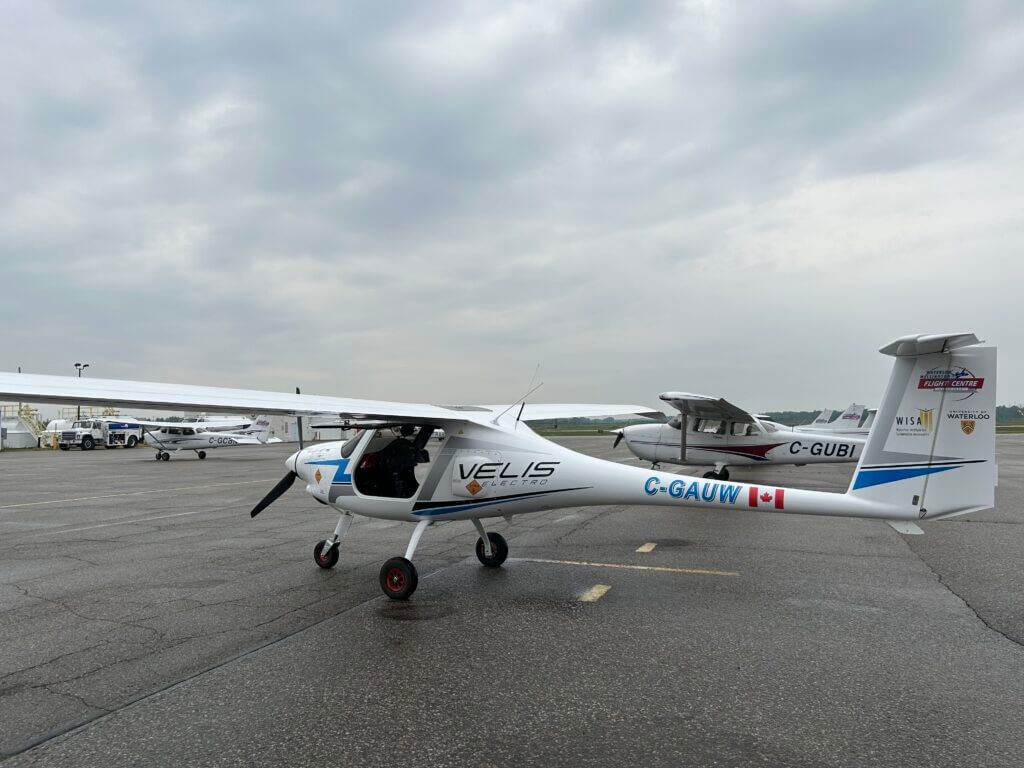
Regarding the new Innovation Hub, Cornwall hopes it “will prepare pilots to be flight deck ready for the next 30 years, hopefully in a more sustainable and . . . stable industry.”
